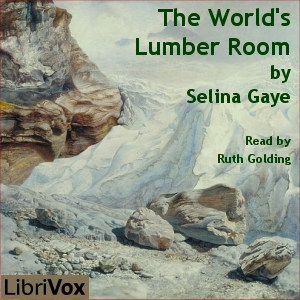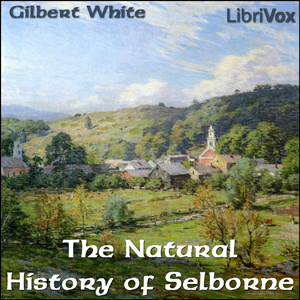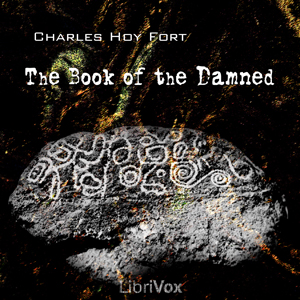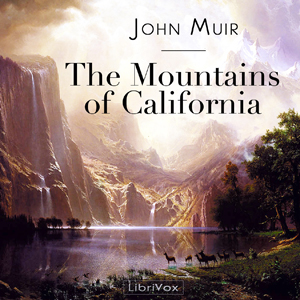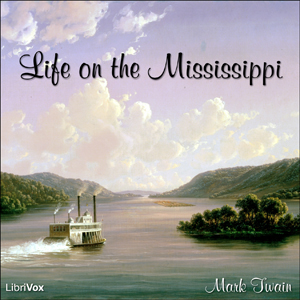- 00 Preface
- 01 Dust Ho!
- 02 Dust-makers - Frost, Heat, Air and Water
- 03 Dust-makers - Wind, Waves, Rain
- 04 Dust-makers and Dust-carriers - Running Water
- 05 Dust-makers and Dust-carriers - Glaciers and Icebergs
- 06 Dust-makers - Earthquakes and Volcanoes
- 07 Dust-makers - Vegetables and Animals
- 08 What Becomes of the 'Dust' - Towns and Cities
- 09 What Becomes of the 'Dust' - Coral Islands, etc
- 10 What Becomes of the 'Dust' - Flint, Salt, etc
- 11 Vegetable Scavengers
- 12 Vegetable Refuse
- 13 Animal Scavengers - Termites, etc.
- 14 Animal Scavengers - Ants, Flies and Beetles
- 15 Animal Scavengers - Crustaceans, Birds and Mammals
- 16 Animal Remains and Ancient Dust-heaps
- 17 Household Refuse
- 18 Miscellaneous Refuse
If this book were written today, it would be called "The Story of the World's Rubbish".
That may not sound a promising subject for a book, but we are taken on a journey all over the world (and beyond) to explain the many varieties of dust and refuse - animal, vegetable and mineral - how it is made both by man and by nature, what happens to it, and why we need it. We find that recycling is nothing new: man has been doing it for centuries, and nature has been doing it for billions of years. As every schoolboy knows, 'matter is neither created nor destroyed', so it stands to reason that every particle of it must be somewhere.
This study of our knowledge of the earth was written for the layman before most of the -ologies were even a twinkle in a professor's eye. Geology, meteorology, hydrology, biology, glaciology and even sociology and anthropology all have their place in this readable and enjoyable tour of the earth's 'lumber room'.
Though some of the science is out of date - it was written, for instance, 80 years before the theory of plate tectonics was understood - the author admits candidly when the science of the day does not yet provide answers to some questions. The almost contemporary description of the eruption of Krakatoa still resonates with us - compare the effect on our modern world of Mount St. Helens and Eyjafjallajökull in recent decades.
Miss Gaye shows that far from everything in nature's lumber room being rubbish, every speck of dust has a purpose. The dust-cart (garbage truck) will never look the same to you again. (Summary by Ruth Golding)
That may not sound a promising subject for a book, but we are taken on a journey all over the world (and beyond) to explain the many varieties of dust and refuse - animal, vegetable and mineral - how it is made both by man and by nature, what happens to it, and why we need it. We find that recycling is nothing new: man has been doing it for centuries, and nature has been doing it for billions of years. As every schoolboy knows, 'matter is neither created nor destroyed', so it stands to reason that every particle of it must be somewhere.
This study of our knowledge of the earth was written for the layman before most of the -ologies were even a twinkle in a professor's eye. Geology, meteorology, hydrology, biology, glaciology and even sociology and anthropology all have their place in this readable and enjoyable tour of the earth's 'lumber room'.
Though some of the science is out of date - it was written, for instance, 80 years before the theory of plate tectonics was understood - the author admits candidly when the science of the day does not yet provide answers to some questions. The almost contemporary description of the eruption of Krakatoa still resonates with us - compare the effect on our modern world of Mount St. Helens and Eyjafjallajökull in recent decades.
Miss Gaye shows that far from everything in nature's lumber room being rubbish, every speck of dust has a purpose. The dust-cart (garbage truck) will never look the same to you again. (Summary by Ruth Golding)
There are no reviews for this eBook.
There are no comments for this eBook.
You must log in to post a comment.
Log in

